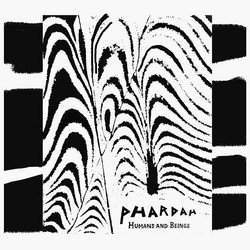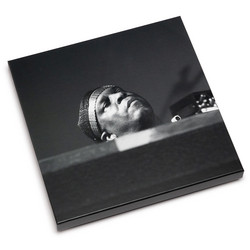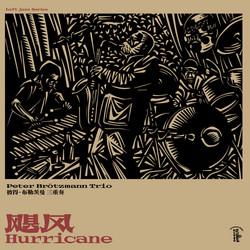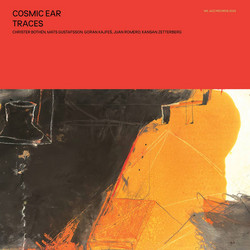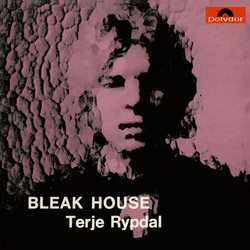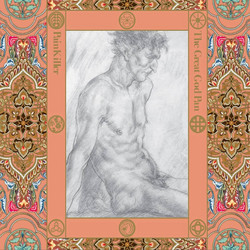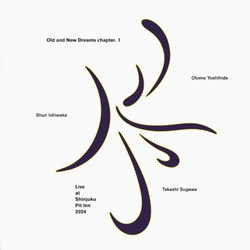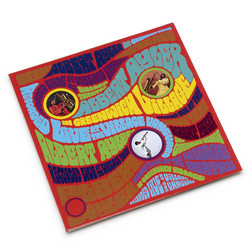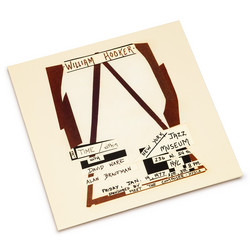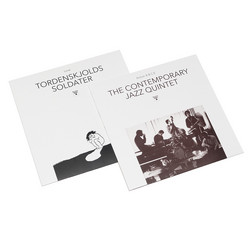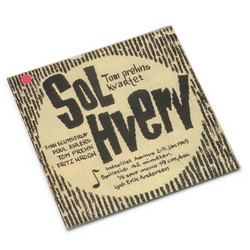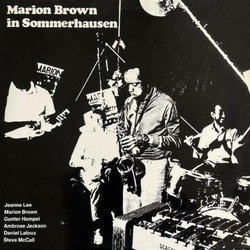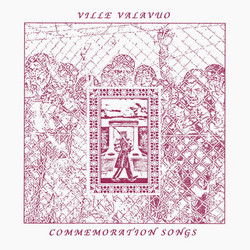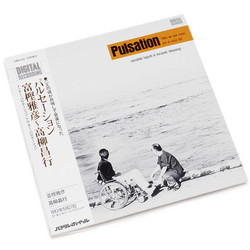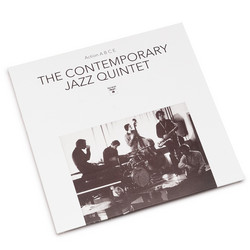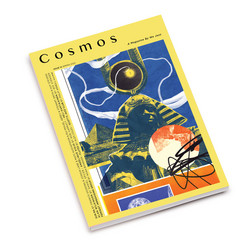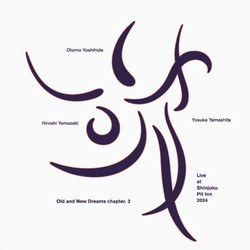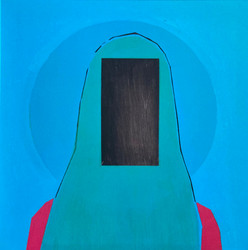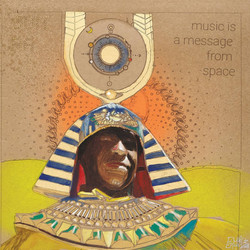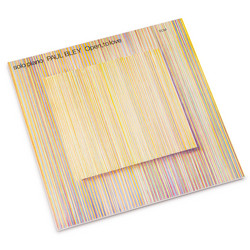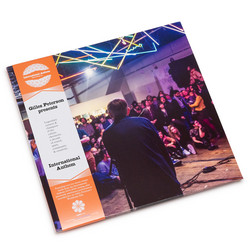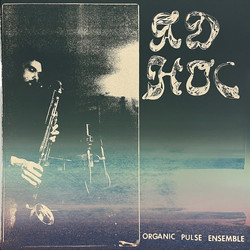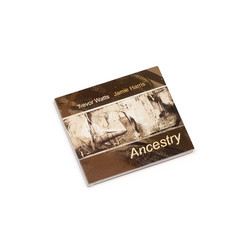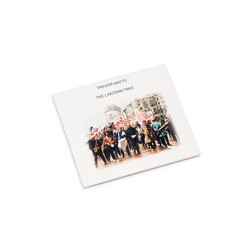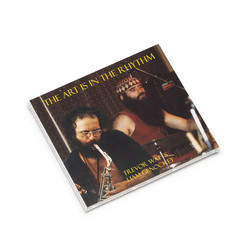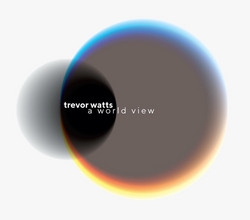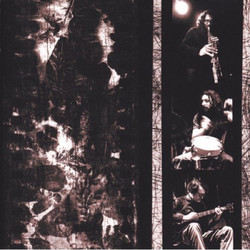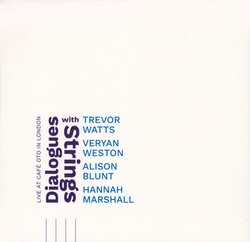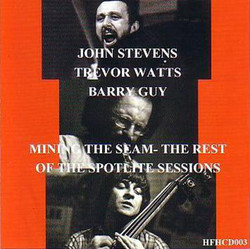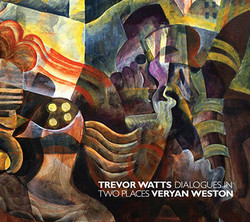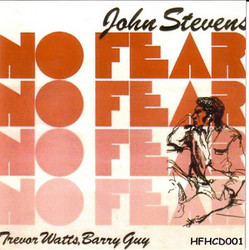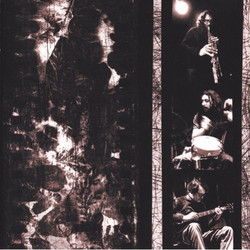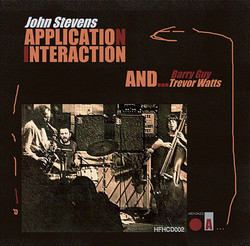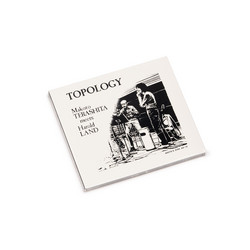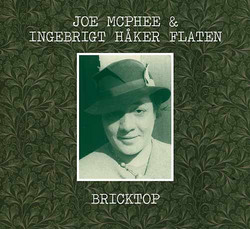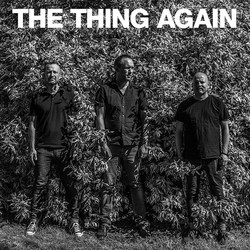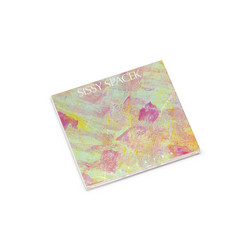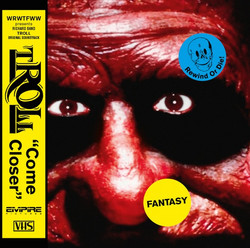When 20-something saxophonist Trevor Watts was demobbed from the RAF in the early 60s, he moved to London and co-founded the Spontaneous Music Ensemble. Although clearly aware of Ornette Coleman’s new conception of Jazz in America, he soon developed his own, more fluently inclusive style, filtering and synthesising the history of jazz saxophony like few others—David Murray is one obvious counterpart in that respect—and giving it a personal twist. He also developed a unique conception of musical organisation, as exemplified by numerous iterations of his African rhythm-influenced Moiré Music groups, and by the 1976 String Ensemble heard on Cynosure, a welcome reissue on the Hi4Head label. Cynosure was first released shortly after it was recorded in 1976. The original Ogun LP’s five tracks were recorded during rehearsals for a concert at Notre Dame Hall, London, in June 1976. The three additional pieces on this reissue were recorded during the actual concert. Colin McKenzie (bass guitar) and Liam Genocky (drums) are both long-term Watts collaborators. Both played, as did guitarist Dave Cole, in Watt’s signature 70s group Amalgam. Here McKenzie plays in counterpoint with double bassist Lindsay Cooper—not Henry Cow’s reeds player but an artist formerly associated with Bill Wells and Mike Oldfield, among others. The group also includes a second guitarist, a cellist and a violinist, making up six miscellaneous strings plus sax and drums. The first sounds we hear are a funky, plucked double bass figure. When the band comes in, they get right into a freestyle Afro-groove with a solid rhythmic kick. The sound is trebly and friable, but the ear soon adjusts even to slightly shrill altissimo sax, and anyways the music has such a wired vitality that frankly who cares. It actually sounds like there are two saxes, but one of those is one of the electric guitars mimicking sax; at other times guitar blends with thin, resinous violin. Lead tack “Another Time” sustains a pitch of controlled intensity. Individual instrumentalists chafe each other and interpenetrate, but the ensemble is tight as can be, grooving like a unchained variant of The J.B.’s. And the intensity only tightens on “No Waiting”, with its looping, needling, Ornette-ish head, rebarbative strings and polyrhythmic percussion all pitching the performance somewhere between early Sonny Sharrock and vintage Prime Time. Watts sounds inspired, blowing irrepressibly throughout. This, remember, is just a rehearsal. Perhaps that was disinhibiting. The disparate strings knot convolutedly with Watts’ chirruping and scoured electric guitar pickups on “We’ll Talk About It Later”, which percussion, rendered steel pan-like by the acoustic, whips into a seething thicket of sound. But emphatic contrabass breaks out for a freewheeling, high-octane plunge down a Prime Time rabbit hole, and the others follow. “Chip” begins with guimbri-like short bowing, a North African illusion reinforced by tight pizzicato, but the group, piling in, soon tops the freneticism of the previous pieces. The closing, two minute “Tribute To ‘Trane”, which sounds nothing like John Coltrane, is a lighter but no less lively number that fades out almost as soon as it’s begun. The three pieces from the concert that are new to the reissue are similar but somewhat tamer – more considered, perhaps, now there’s an audience present, and marginally better recorded (albeit the levels are a bit wilder), with individual players all much more prominent in mix when they take their solos. These cuts include much more concise and less feverish takes on “No Waiting” and “Chip”, plus a short new piece in the well titled, percussive “Dance Trance”. Fizzing with exuberance, Cynosure is as thrilling an album as you might wish to hear.

